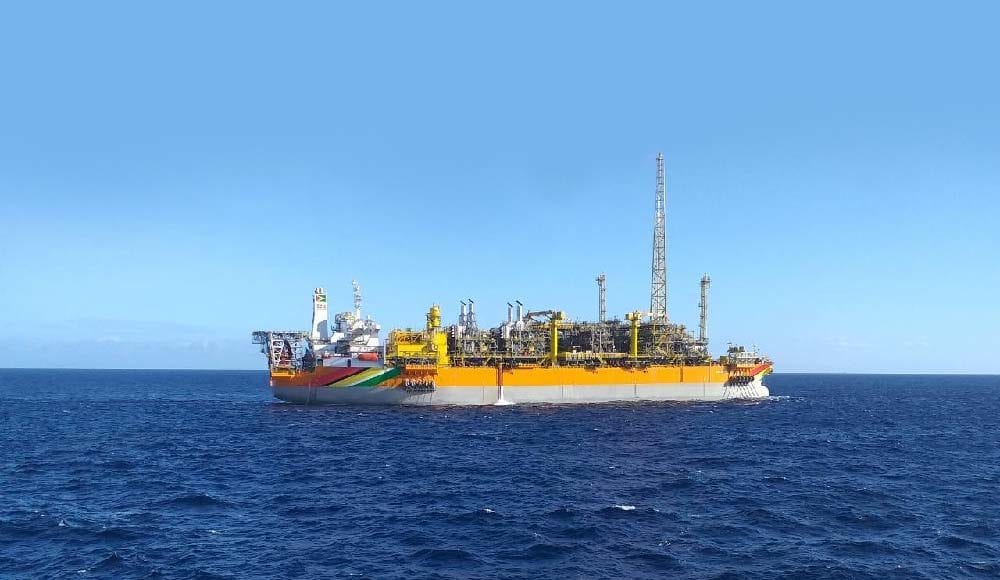ExxonMobil Guyana’s in-country projects manager, Anthony Jackson, said the company is committed to supporting studies on the environmental impacts of its operations, so it can understand if they have any impact on Guyana’s fish stock.
He made this comment during a public scoping meeting for the Uaru Development, the fifth project at the Stabroek Block. The session was held on Monday at the Umana Yana in Georgetown.
Consultations underway on environmental study for Exxon’s fifth Guyana development | OilNOW
In response to an attendee’s question on the potential impact of Exxon’s operations on fisheries, Jackson said, “Studies done to date have not identified oil and gas activities as a driver for the impact on fisheries.”
He referred to local media reports which indicate that an ongoing study by the Food and Agriculture Organisation (FAO) of the United Nations has so far not identified the oil and gas sector as a cause of an apparent decline in fish stock.
During an event last Friday, Guyana’s Minister of Agriculture Dr. Zulfikar Mustapha referred to the study which commenced last year, in partnership with Guyana’s Environmental Protection Agency. According to media reports to which Jackson referred, Mr. Mustapha ruled out the oil and gas sector so far as a cause of low fish stock and instead attributed the issue to the changing climate and heavy rainfall.
Jackson said Exxon has been working with the government of Guyana and the fisheries department of the Ministry of Agriculture and is interested in understanding the issue. But he noted, “It takes a lot of understanding the baseline and then what are the driving factors before we can make a conclusion which is why it’s so important that we continue with these studies…”
He said Acorn International, the firm Exxon hired to conduct the environmental impact assessment for the Uaru project, is also committed to getting to the bottom of the issue. Acorn will be studying, among other things, the likely impact of the Uaru Development Project on marine life.
Uaru will be targeting 275,000 barrels per day (bpd), the highest production capacity of any floating production, storage and offloading (FPSO) vessel planned for the Stabroek Block yet. After first oil as early as the fourth quarter of 2026, Uaru will take production offshore Guyana to a peak of about 1.1 million bpd.



